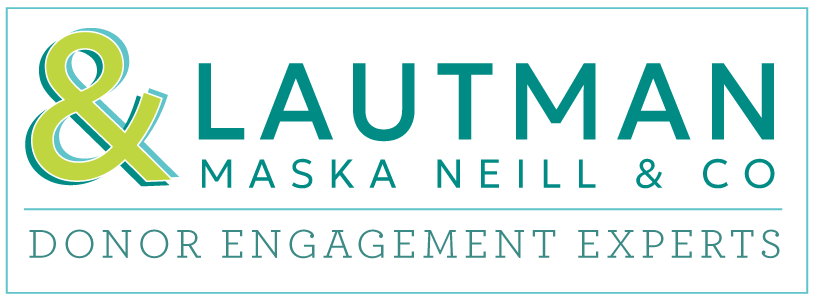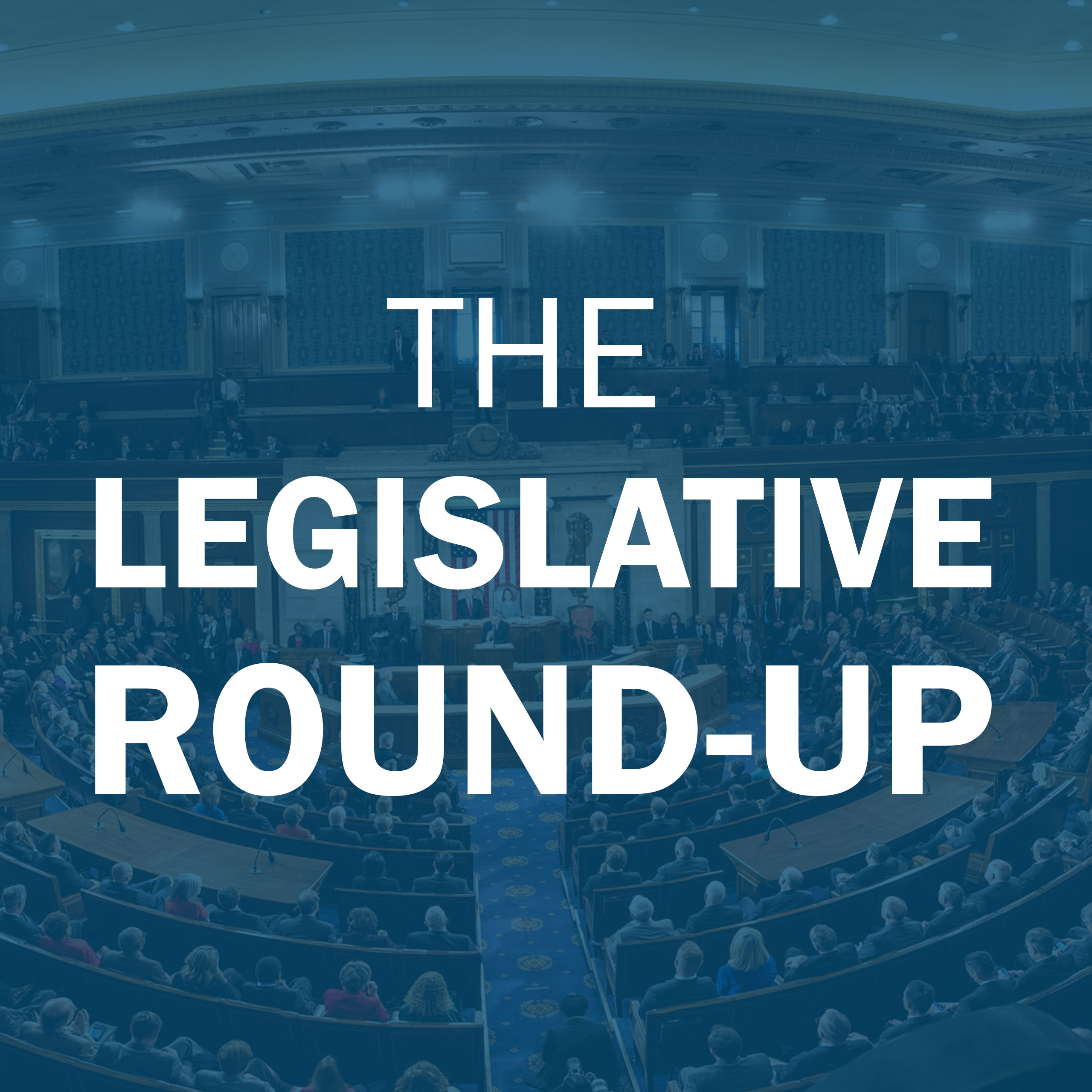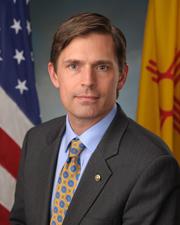Legislative Round-Up | May 2024
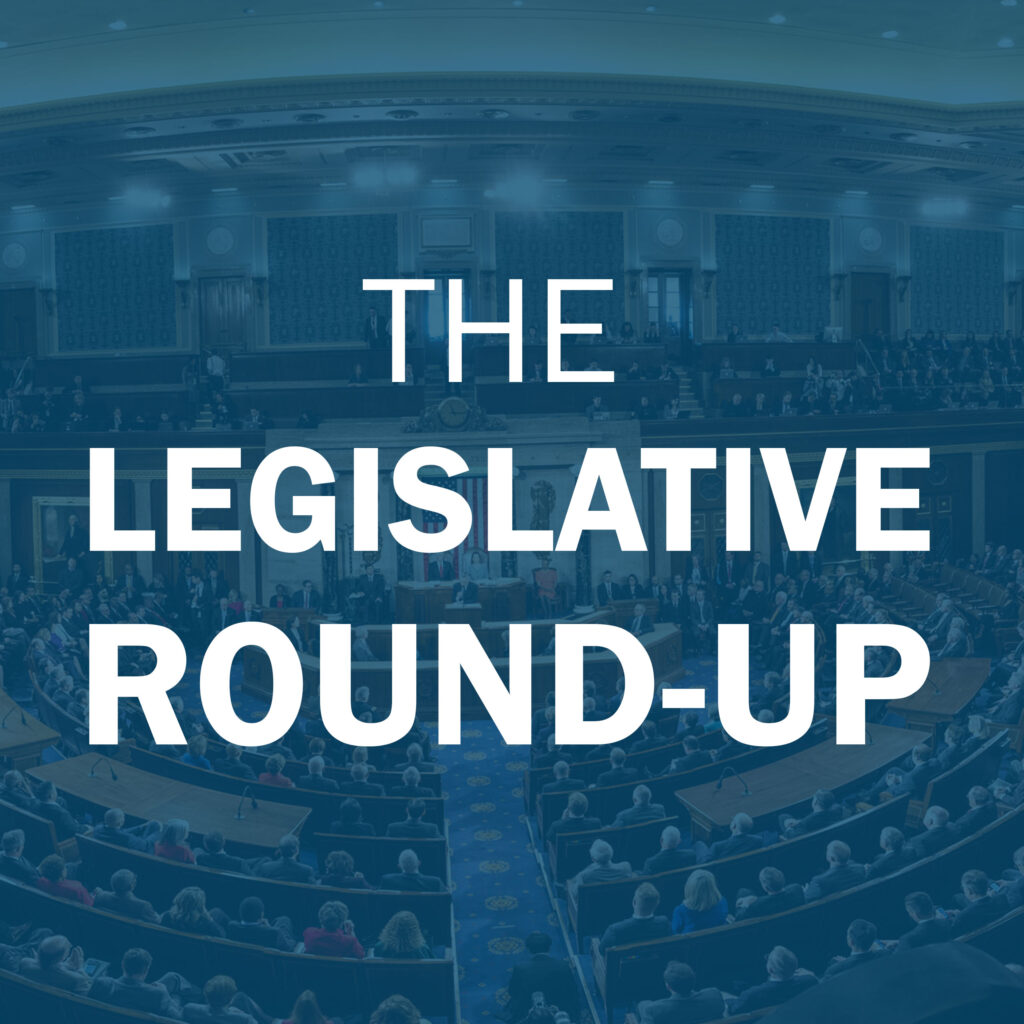
The Nonprofit Alliance Advocacy Week | June 11 – 13
Register now to join us in two weeks for the first TNPA Advocacy Week! Choose from virtual and in-person options.
If you’re interested in the legislative issues facing the nonprofit sector today, this event is for you! Both experienced advocates and curious first-timers are welcome and encouraged to participate.
Attend virtual seminars with D.C. lobbyists, sector advocates, and Congressional staffers for perspectives from the frontlines. Then, gear up for a day of meetings on Capitol Hill. You can participate in person on the 12th or virtually on the 13th — it’s up to you! (Hill Day seats are limited and available on a first-come, first-served basis.)
June 11 | 1 – 5 p.m. ET | Seminars (virtual)
What are the latest need-to-knows on critical issues? What can we expect in this election year? What are the best ways to connect with policymakers in today’s divisive and complex political arena? Join us to find out all the insider intel!
June 12 | 8:30 a.m. – 5 p.m. | Capitol Hill Day Option 1 (in-person)
Followed by a VIP Networking Reception on the Hill
Hill Day volunteers will participate in a full day of meetings with Senators and their staff, sharing your frontlines perspective on legislation that impacts your organizations, your donors, and your missions. You’re then invited to join us for our exclusive volunteer and donor VIP event at a Capitol Hill venue to cap off the day.
June 13 | 9 a.m. – 5 p.m. | Capitol Hill Day Option 2 (virtual)
Join us from the comfort of your own desk to participate in a full day of meetings with members of Congress and their staff, sharing your frontlines perspective on legislation that impacts your organizations, your donors, and your missions.
Save your seat and register today! Free for TNPA members; $75 for non-members.
Legislation Impacting NPOs Reported out of House Committee
On May 15, the House Ways and Means Committee reported a series of bills for possible consideration on the House Floor, including three bills that would impact the sector.
Foreign Grant Reporting Act (H.R.8290): Requires section 501(c) organizations to include foreign grant recipients on their annual returns to the IRS. It also requires organizations to disclose this information for indirect contributions, i.e. subgrantees. Private foundations are already required to disclose the name, address, and total grant amount for all foreign grant recipients, as well as the type of recipient. This bill would require public charities and other 501(c) organizations to do the same.
American Donor Privacy and Foreign Funding Transparency Act (H.R.8293): This bill requires many tax-exempt organizations to publicly report aggregate contributions from foreign nationals, grouped by country. The bill would burden nonprofits, which would have to verify the nationality of their donors. Currently, nonprofits must report the names and addresses of substantial donors to the IRS. Asking organizations to collect information about their donors’ nationality could also mean losing the trust of their donors as well as the communities they serve.
End Zuckerbucks Act (H.R.8291): Prevents 501(c)(3) organizations from providing direct or indirect funding to official election organizations. Specifically, the bill would prohibit below-cost services, scholarships, subsidies, or direct, in-kind, or indirect funding to state and local governments. Like laws passed in more than 25 states, this bill would prohibit philanthropic and other charitable organizations from providing financial or other support to aid in the administration of an election.
House Energy & Commerce Subcommittee Reports Out Draft Comprehensive National Privacy Legislation
On May 23, the House Subcommittee on Innovation, Data, and Commerce of the Energy & Commerce Committee reported out for consideration by the full Energy & Commerce Committee the draft comprehensive national privacy bill, the American Privacy Rights Act (APRA). As yet, no bill number has been assigned to the legislation. As previously reported, the draft bill allows portions of the California Consumer Privacy Act and the Illinois Biometric Law to continue without federal preemption. TNPA strongly believes that a comprehensive national privacy law should include an unambiguous preemption of state privacy statutes, allowing for one uniform national standard for the responsible use of data. Further, the draft legislation provides a private right of action (allowing for class-action lawsuits). Liability to a private right of action does not require the actual demonstration of harm but could be triggered by a minor violation of the legislation.
No date has been set for consideration of the draft legislation by the full Energy & Commerce Committee.
Since the announcement of the draft legislation, TNPA has been in contact with several key players in Congress on the privacy front, including Senate Republican Whip — the Senate’s number two Republican — John Thune (R-SD), Senator Jerry Moran (R-KS), Senator Jacky Rosen (D-NV), and Senator Peter Welch (D-VT). It is uncertain how quickly the legislation will move forward, particularly in the Senate, with the 60-vote cloture rule (out of 100 Senators) generally required to allow legislation to move forward to the Senate floor.
Vermont May Become the Fifteenth State with Its Own Privacy Statute
Vermont Bill HB 121, after having passed the legislature, is now on the desk of Republican Governor Phil Scott, awaiting his possible signature. It is uncertain whether he will sign the legislation. The legislation includes a Private Right of Action, allowing what are often frivolous class action lawsuits. The Private Right of Action would become effective on January 1, 2027, but would sunset on January 1, 2029 — in effect, being in force for two years. Most provisions of the legislation would take effect on July 1, 2025.
Nonprofits are not exempted from the legislation, with limited exceptions for victim services organizations, nonprofits that provide programming to radio or TV networks, or nonprofit organizations established to detect fraudulent acts concerning insurance.
The measure would apply to persons who conduct business in the state or persons who produce products or services that are targeted to state residents and control or process the personal data of at least 25,000 consumers, excluding data processed solely for the purposes of completing a payment transaction, or if an entity derives more than 50 percent of their gross revenue from the sale of personal data.
Consumers would have the right to delete data provided by or obtained about the consumer, the right to opt out of the sale of their personal data, and the right to opt out of processing for the purposes of targeted advertising. The legislation provides 60 days to “cure” a request to delete data.
Colorado Becomes the First State to Enact Comprehensive AI Legislation
The new law becomes effective February 1, 2026. It generally applies to developers and deployers of “high-risk AI systems,” defined as AI systems that make or are a substantial factor in making a consequential decision. The law also defines “consequential decision” as “any decision that has a material legal or similarly significant effect on the provision or denial to any consumer of, or the cost or terms of: (a) education enrollment or an education opportunity, (b) employment or an employment opportunity, (c) a financial or lending service, (d) an essential government service, (e) health-care services, (f) housing, (g) insurance, or (h) a legal service.”
Here is a copy of the law, SB205. The law aims to address AI bias, establish a requirement for human oversight throughout the life cycle of AI systems, and require significant documentation around the use of AI.
It applies to any person doing business in Colorado who develops an “AI system” or deploys a “high-risk AI system.” This means that it applies to any organization using a high-risk AI system, whether or not that system is consumer-facing. The law excludes a Private Right of Action, leaving enforcement solely to the Colorado Attorney General.
Further Legislation in the States
Read more about new state laws and proposed state bills that could impact the work of the nonprofit sector by visiting TNPA’s State Legislation webpage.
Congressional Spotlight: Congresswoman Michelle Steel (R-CA)
Each month TNPA introduces you to a member of Congress who is a leader on legislative matters important to our TNPA community, with representation from both parties.
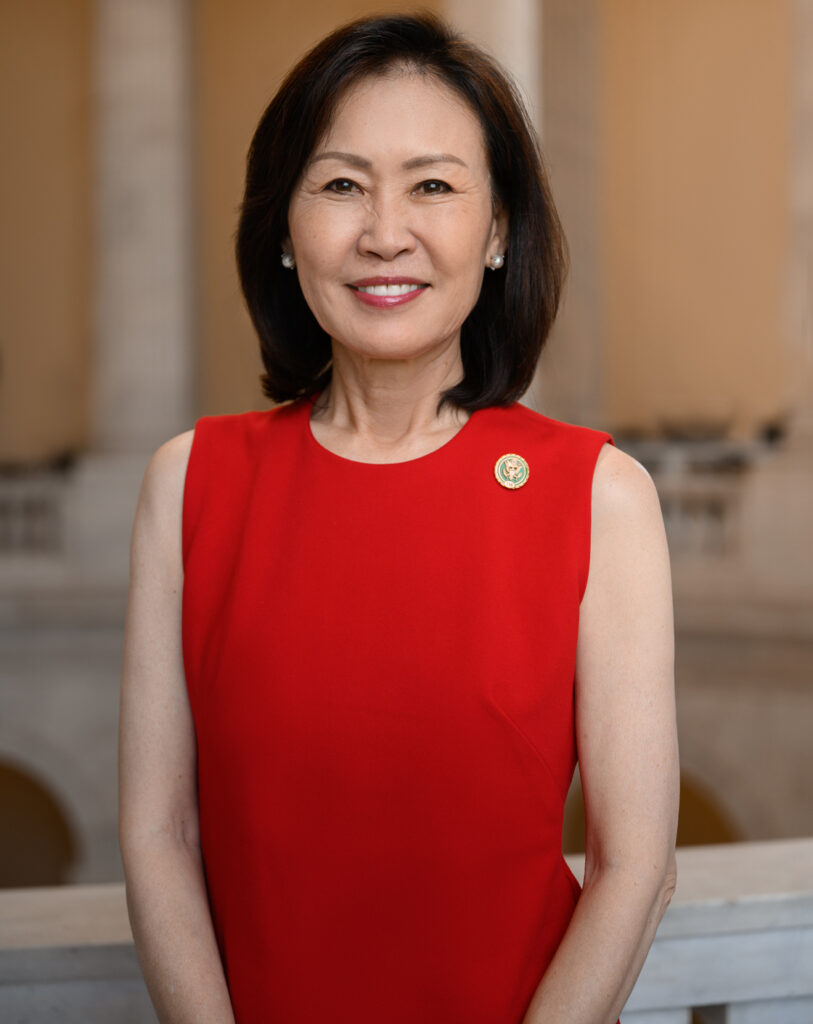
Q&A with Congresswoman Michelle Steel
TNPA has worked closely with Congresswoman Michelle Steel of California and had the opportunity to ask the Congresswoman a few questions, and share them here:
When was the moment you realized you were serious about getting into public service?
I first became interested in public service at an early age when I watched my single working mother struggle to fight an unwarranted tax bill from the California State Board of Equalization. As an immigrant who owned a small business, my mother lacked the resources she needed to appeal to the state agency and reluctantly agreed to the board’s demands. That’s when it became clear to me that the government was failing the people that needed it most.
Advocacy Partners
Gold Sponsors
Bronze Sponsors
Are you interested in sponsoring TNPA’s advocacy program?
Contact Abby Graf at agraf@tnpa.org.

